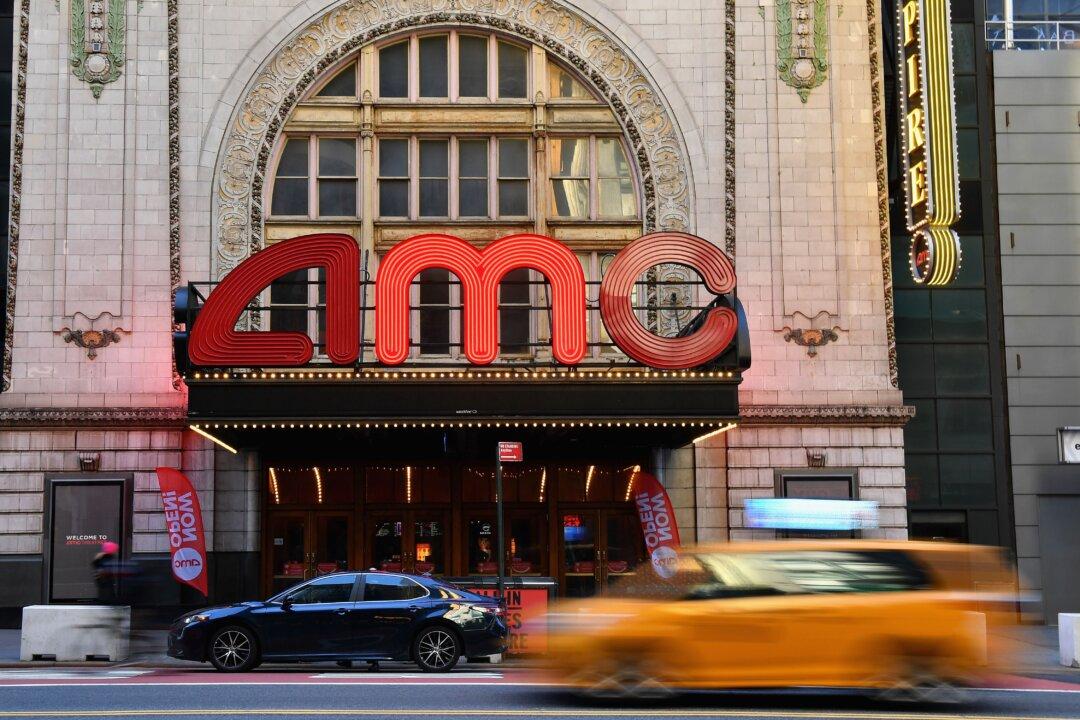Shares of meme traders’ stock favorites, including AMC Entertainment Holdings and Bed Bath & Beyond had enjoyed significant gains until last week. Bed Bath & Beyond had soared by more than 280 percent since July before the intense selloff of nearly 50 percent. AMC shares had climbed by about 78 percent since the end of July before cratering by more than 56 percent.
Why are these equities reversing their good fortune as of late?





